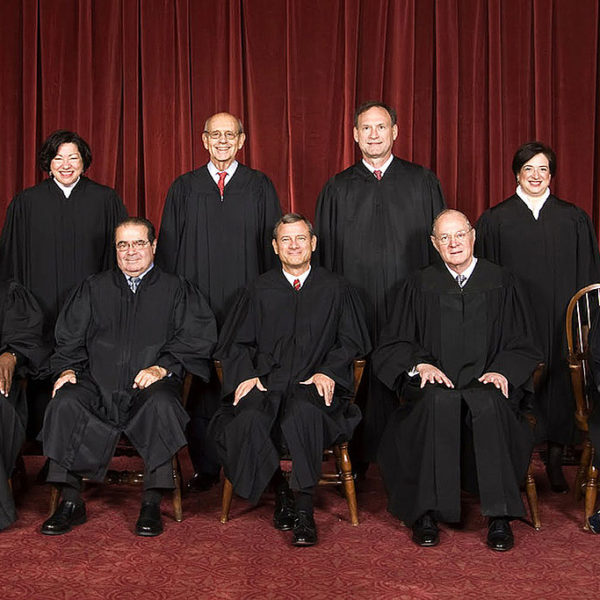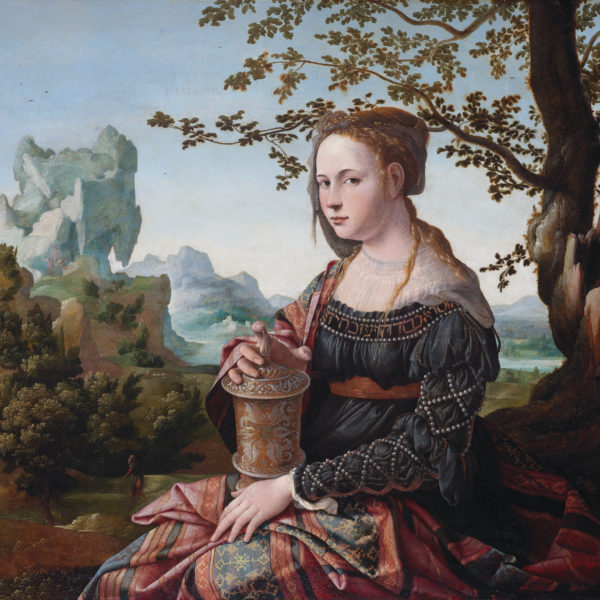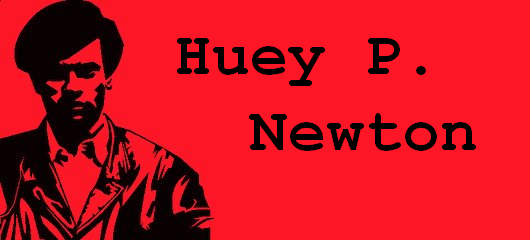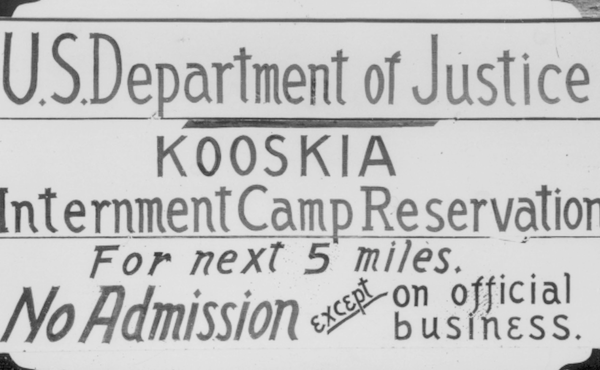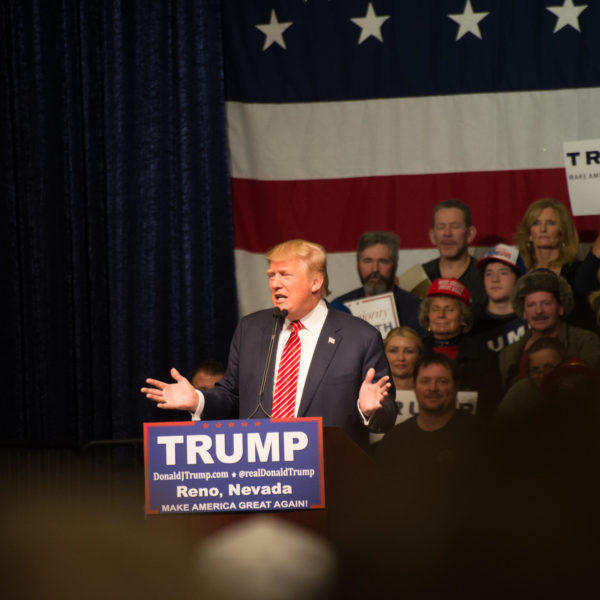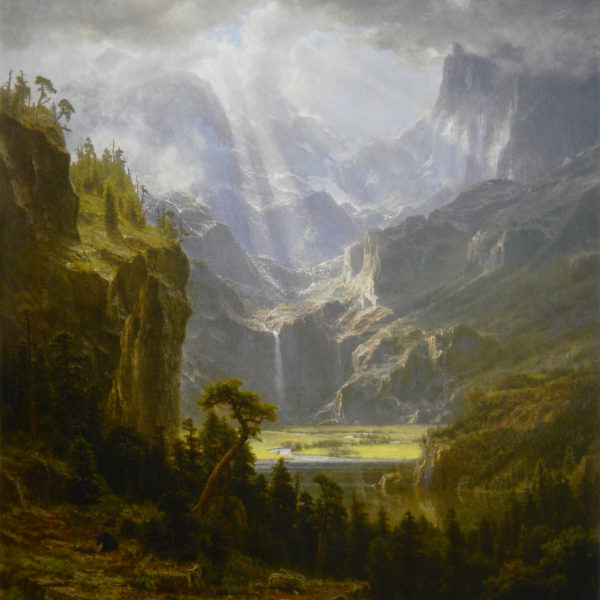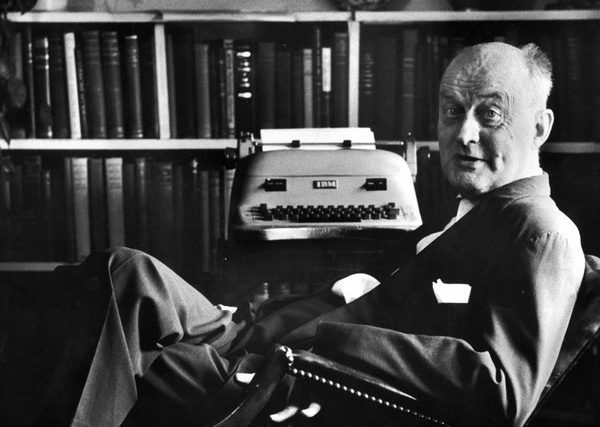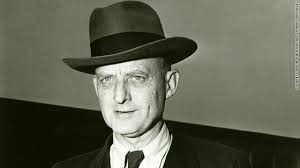
As we inch toward the presidential elections of 2016, crawling through a seemingly endless desert of soundbites, debates, and TV advertisements, we would do well to step back and revisit Reinhold Niebuhr’s Cold War liberalism. The new collection of Niebuhr’s Major Works on Religion and Politics, edited by Elisabeth Sifton, shows that Niebuhr’s political reflections are just as relevant today as they were when he wrote, and can guide us through the political wasteland in which we currently find ourselves.
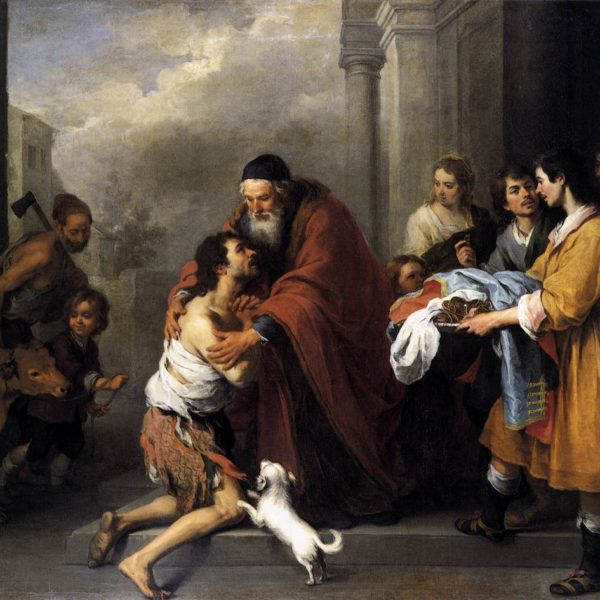
Although the parable is typically referred to as that of ‘the Prodigal Son’, the son who receives the father’s welcome has long since fallen from his state of prodigal living into one of the most abject poverty and lack. This father’s loving embrace challenges us to consider our provision of welfare and welcome to those in need among us, irrespective of how ‘deserving’ we might suppose them to be.
